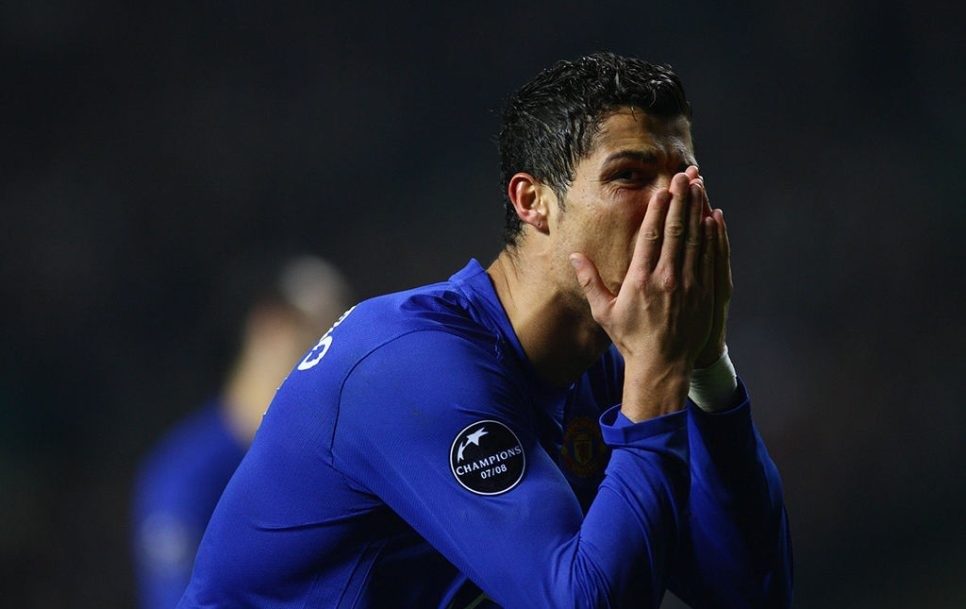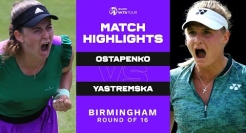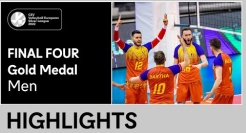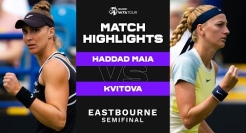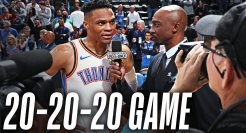Football, a game of mercenaries
It was the day before Cristiano Ronaldo signed for Al Nassr, completing a free transfer reportedly worth 200 million per year. December 29th. The day Pelé left us.
“An inspiration to so many millions, a reference yesterday, today, and forever. Rest in peace, King Pelé”, read part of the tribute Ronaldo posted on social media. Of course, life was different back then. Or was it?
One can argue that Pelé was football’s first global superstar thanks to developments in the world of broadcasting, and there is some truth to that. Scoring a ridiculous amount of goals – 1279 in 1363 games, according to Guinness World Records – helped him stand out. But what made Pelé special was the cultural impact.
In 1961, at just 21 years of age, he was declared a national treasure of Brazil, making it almost impossible for him to leave the country. There were talks; back then, the bigger, wealthier, stronger teams had started emerging in Europe, but it was still a simpler game, a working-class game. Staying with Santos might have even elevated Pelé’s fame.
And they won too. Twice both the Copa Libertadores, the South American equivalent to the Champions League, and the Intercontinental Cup – beating reigning European Cup (the Champions League predecessor) winners Benfica Lisbon and Inter Milan. After 19 seasons with Santos, he retired only to join New York Cosmos six months later and won there too.
While, in retrospect, one can point to his wanting to experience another culture or to popularize football in the United States, the truth is that his decision was influenced by money and nothing else. As Pelé stated in his biography Pelé: A Importância do Futebol in 2013, he never wanted to play for another club but was close to going bankrupt due to failing investments. He had no other option.
Money makes the world go round
Pelé indeed became the world’s best-paid athlete while in New York, earning 2.8 million dollars a year, while few others in any sport reached similar figures those days. He, too, was a mercenary. A reference yesterday, today, and forever, as Ronaldo quite fairly pointed out. If Pelé got away with it, why shouldn’t he?
Cristiano Ronaldo has gone from Madeira to Lisbon to Manchester to Madrid to Torino, returned to Manchester, and now left for Saudi Arabia. He has won everywhere. Five Ballon d’Or’s, five Champions League titles, 837 goals in 1181 games, and more than 1 billion dollars in career earnings. That is quite a legacy to leave behind once he calls it quits.
Moving to Saudi Arabia at 37 years old, just off what is likely his last World Cup appearance, shouldn’t come as a shock then. It is the new normal, after all, with David Beckham (USA), Fabio Cannavaro (China), Xavi (Qatar), Andres Iniesta (Japan), and so many others leading the way. Some go for culture, some for climate, some for money, and some for a new experience.
But there’s something about Ronaldo moving that doesn’t quite fit the picture. In the infamous interview with Piers Morgan in November, he made it clear that he intends to stay in Europe and prove he still has what it takes. Only it seems there was little interest, at least from the big clubs. For someone who has been on top of the world for so long, it must have been quite a harsh reality.
Maybe his last chapter remains unwritten. EURO 2024 is not that far away, and another run at a Champions League trophy can’t be ruled out just yet. But for now, let Ronaldo enjoy his new life in Saudi Arabia. For trivia: would you have known that Iniesta is still playing and enjoying his football in Japan, almost five years after his last appearance for Barcelona and Spain?
Nowadays, winning is everything
The truth is that with players moving here and there, it is now hard to keep up. The game has changed. One-club men at the very top, legends like Ryan Giggs, Gary Neville, Paul Scholes (all Manchester United), Paolo Maldini (Milan), Francesco Totti (Roma), Jamie Carragher (Liverpool), Carles Puyol (Barcelona) or Tony Adams (Arsenal) are and will be few and far between.
The wealthier clubs have no room for error, for learning. Winning is all that matters. Hardly any youth players are given a chance to break through. It is much easier to take another talent through the revolving transfer market doors if money is no object.
Maybe we, as spectators, as fans of the sport, need a new angle then. Thomas Müller has given his all for Bayern Munich, while Sergio Busquets has stayed at Barcelona through thick and thin. Who dares say they don’t deserve a nice season or two in Los Angeles, Tokyo, or Sydney when the toll of European football is asking too much?
Maybe we already have a new angle. Recently I stumbled across a post on social media celebrating the career of basketball legend Dirk Nowitzki, the German who spent his whole NBA career with the Dallas Mavericks and, at times, voluntarily took less money so that the team could sign other stars and still fit within the enforced salary cap. According to Business Insider, he might have left as much as 200 million dollars on the table throughout his career.
And while Nowitzki did win, becoming an NBA champion in 2011, it seems not everyone looks at his generous behavior with the same respect. Basketball fans from across the globe lamented him in the comments for not winning enough (indeed, maybe he would have been more successful elsewhere?), not taking everything he could get, and staying on until 41 years of age.
Some wins still mean more
If modern clubs value winning over everything, does a new generation of fans do too? Maybe so. Maybe the ideology of sportsmanship is dying. Win, and you will be cherished until the time you lose, and it is time to say goodbye. A new day, a new club, a new challenge, a new payday. Mercenaries at work.
For those longing for the good old days, national teams remain a safe haven. Think of Lionel Messi winning the World Cup for Argentina in December, when more than 5 million people celebrated on the streets of Buenos Aires. They cherished the trophy that hadn’t been there for 36 years. As Messi put it in 2016, he would swap all his individual accolades for World Cup success. Now he doesn’t have to.
That is what separates the best from the great in this society, and maybe always has. Pelé is a three-time World Cup winner. Messi – a World Cup winner and a Copa America champion. Cristiano Ronaldo is a European champion. Nowitzki a World Cup bronze and EuroBasket silver medalist.
There are still some things that cannot be bought.





